|
|
Printing trillions of fiat dollars won’t solve global inequality. Raising taxes on corporations won’t solve global inequality. And covid lockdowns in Europe & the US are intensifying poverty in the most sensitive parts of the world.
Busy? Try the speed read.
The scoop: The World Bank projects extreme poverty to rise for the first time since the 1990s, while 270 million people are at risk of starvation (2x higher than 2019).
Lockdowns and inequality: 20+ million Americans are still unemployed. 160,000 US business have closed. Despite that, Amazon, Wal-Mart and Costco (for example) are posting record high online sales.
What can we do? Go beyond SBA loans and stimulus checks. We should like, actually be doing everything we can to keep small business owners afloat.
Local coffee shops > Starbucks, Thrift > Marshall’s, Art galleries for Home Decor > Amazon.
Bottom line: We can clean up this institutional mess by creating a new structure around congressional term limits, monopoly break-ups, whistleblower support, and free speech… or we can allow the same actors to weave the world we’ve grown to love and hate.
Dig deeper → 3 min
Painting global inequality in 2020
During a global pandemic, billionaires saw their net worth increase by half a trillion dollars. This isn’t the first time billionaires have profited off a crisis and it won’t be the last.
Governments often bail out larger companies in a downturn. The wealthy takes those extra dollars to reinvest in a low-priced mutual fund or maybe a housing project while the rest of us scrap up the few overlooked opportunities that remain five years later.
Every boom-bust cycle, a few of us in the rat race build a cool idea. We may get a little lucky with a VC willing to take a chance or a well-connected customer. This year, someone new gets to join the yacht club.
Elsewhere, Middle America smiles. She got an extra cookie this year. A new tech gadget just arrived on the market. It keeps us just a little more distracted from the absurdity of everyday life.
And while we trade cookies for good behavior, a continuous, subtle cloud of intrusion peers over the private life of the average American. But we’ll leave the tech takeover for another year. Probably next year. This year, people are particularly starving.
Hunger, unemployment looms
According to the UN, the number of people facing acute food insecurity is expected to double to 270 million from 135 million in 2019. The World Bank projects extreme poverty to rise for the first time since the 1990s.
Meanwhile, there are still 20+ million unemployed in the US. As of late August, over 160,000 US business have closed. According to a Yelp report, 60% of those are expected to close permanently. Larger retailers, like Wal-Mart, Amazon and Costco, are putting out record sales numbers.
To buck that trend, US lawmakers took a fiscal approach. One remedy was the Paycheck Protection Program (PPP), an SBA loan designed to keep a small business workforce employed during the COVID-19 crisis. The problem is that many corporations (even publicly traded ones like Ruth Chris Steakhouse) also filed for PPP, and they were happy to take the check, whether or not they actually needed it.
You can check out the full spreadsheet of PPP recipients here, and decide for yourself who deserved it and who didn’t.
Congress goes fiscal to fight inequality
The Senate also passed a stimulus check back in the Spring, which gave $1,200 to qualified tax-independent adults. That helped, but unemployment already sends most Americans about $600/week. It was really just an unemployment boost and a one-month safety net for Americans lucky enough still have a job after their state government forced them to no longer have one.
Swimming in a spending swamp
This month, Congress can’t decide what to do. I’m hearing about a $1.4 trillion proposal from Republicans without covid relief, a $2.2 trillion bill from Dems, a second stimulus check. But none of it seems clear nor promising for mom-and-pop owners looking to budget meals for an uncertain winter.
This is the situation unfolding for the United States, the #1 economy in the world. The gold standard for how to run an economy.
Similarly virus-plagued nations (like Brazil) already struggled with deep poverty prior the global pandemic. Now they have to cope with even more instability.
So why won’t taxing the rich do much to fight inequality? Rich people don’t cause inequality. Wealth doesn’t signify injustice. Power-hungry, selfish people are the ones who cause inequality.
I’m not beholden to any political party, let’s call a spade a spade: lockdowns are the #1 catalyst for disproportionate profit gains between the 1% and 99% in 2020.
It’s not a political statement, it’s a statistical reality. The longer we wait for a vaccine (which is more a stock gains race than a saving lives race), the longer it’ll take for middle-class citizens around the world to catch some scraps this time around.
If we want to improve economic inequality, citizens must retain freedom in every sense of the word.
Lockdowns intensify global inequality
Perhaps a lockdown is justified, perhaps it’s not. But one thing is for sure: a fiscal package propagated by men and women beholden to the pocket books of corporations and institutions will not be sufficient in solving this economic crisis.
As I’ve been discussing in my last few posts, the World Economic Forum, the United Nations, and government leaders from around the world are calling for a ‘great reset’ in which we must ‘build back better’ to recover from this major public health crisis and global economic downturn.
While I agree on the surface that major change is required, I’m not sure if our proposals would align beyond that statement.
Setting congressional term limits, initiating campaign finance reform, supporting whistleblower culture, removing barriers to entry for new entrepreneurs, breaking up big tech monopolies, rewriting section 230 to put power back into the hands of the individual in online communications… these are the tenants of a freer, healthier society.
Pharmaceutical corporations shouldn’t dictate public health information based on ad spend. Government workers shouldn’t be afraid to speak up about corruption (one of Obama’s biggest flaws). Old men and women shouldn’t be censored for peaceful, nuanced conversations about the efficacy of our nation’s public health response.
Unfortunately, health & safety today rears behind the ugly head of stock gains and reelection campaigns. Saving lives is tertiary. Too bad you can’t patent a vitamin.
I’ll close it off by tying it to climate, the reason I started this blog in the first place. We can either clean up these institutional actors now, or allow them to craft the climate plan. I don’t care if they are saying all of the right things, they have proven to be untrustworthy. The result of doing-nothing will be a more drastic state response to climate mitigation, beyond science or logic.
Climate lockdowns? Energy quotas? No streaming past midnight.
Perhaps, like covid restrictions, these imposed rules would not be totally unjustified. But the ones writing the manual for this ‘great reset’ are the very same programmers that ruined it last time. Did they learn their lesson?
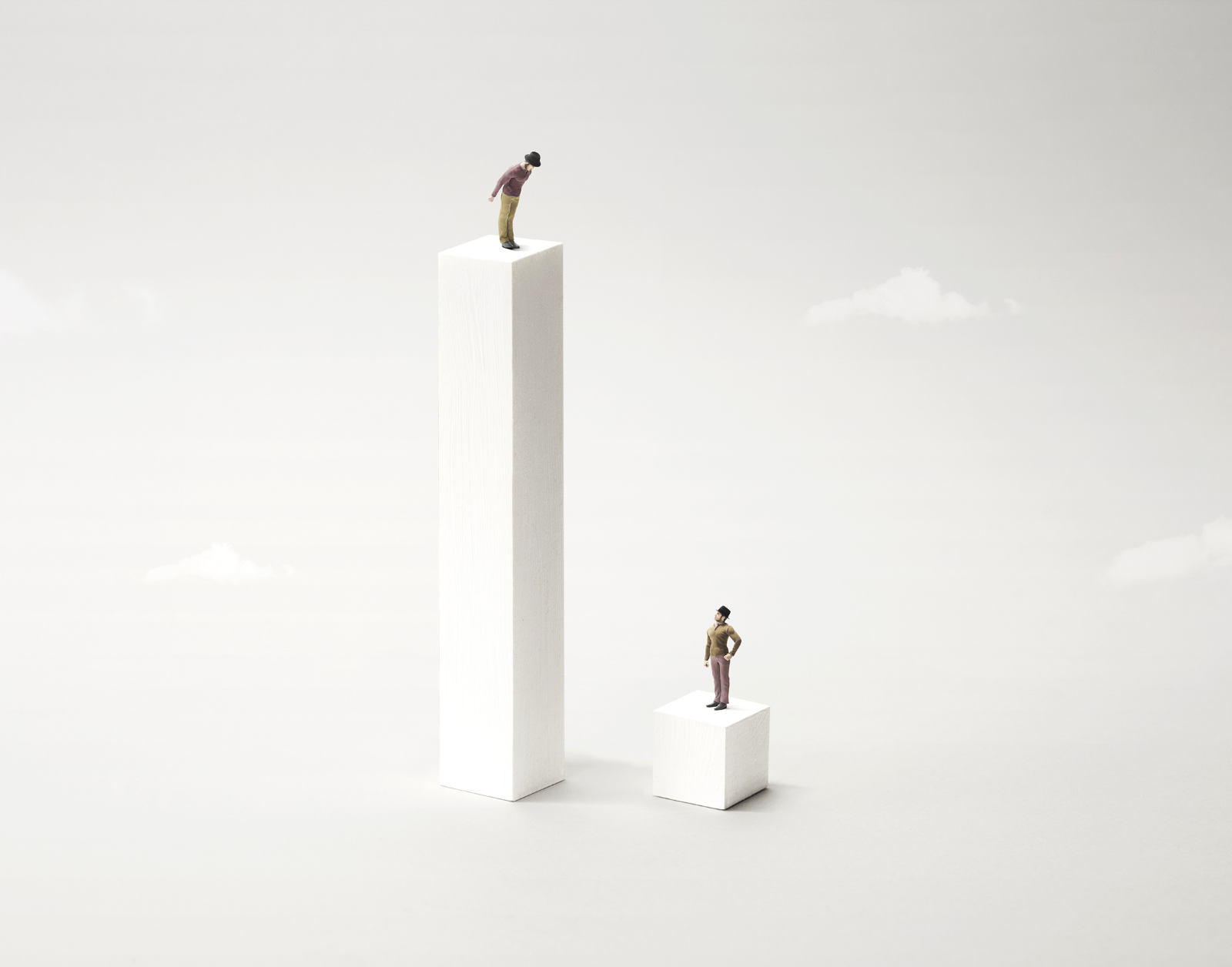

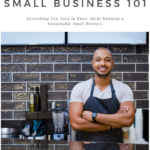
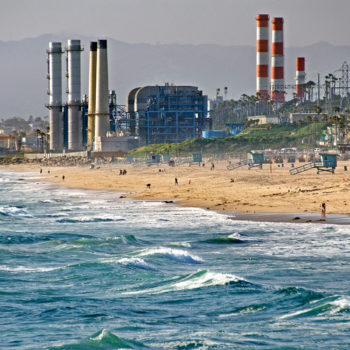
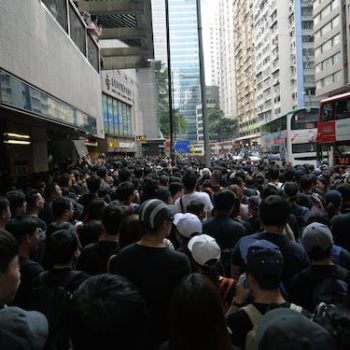
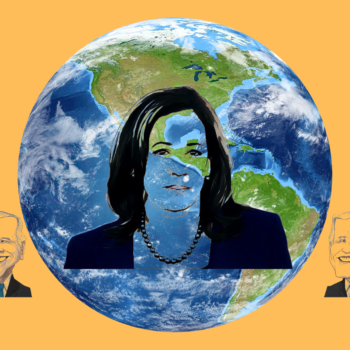
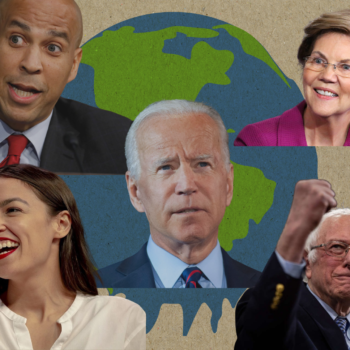
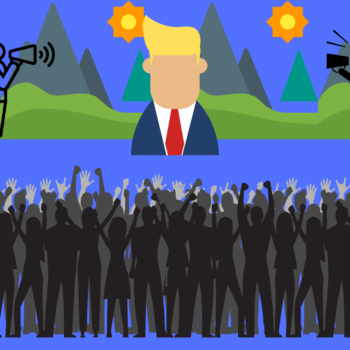
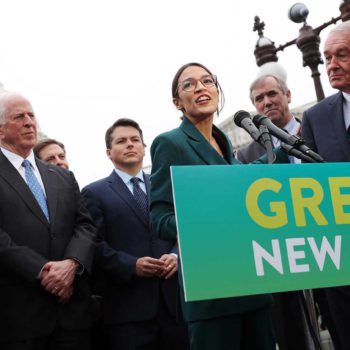
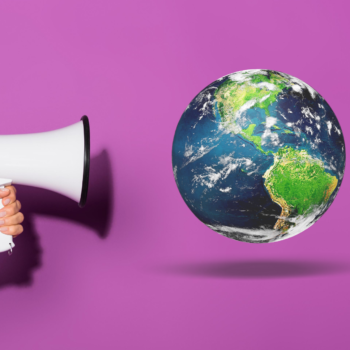



No Comments